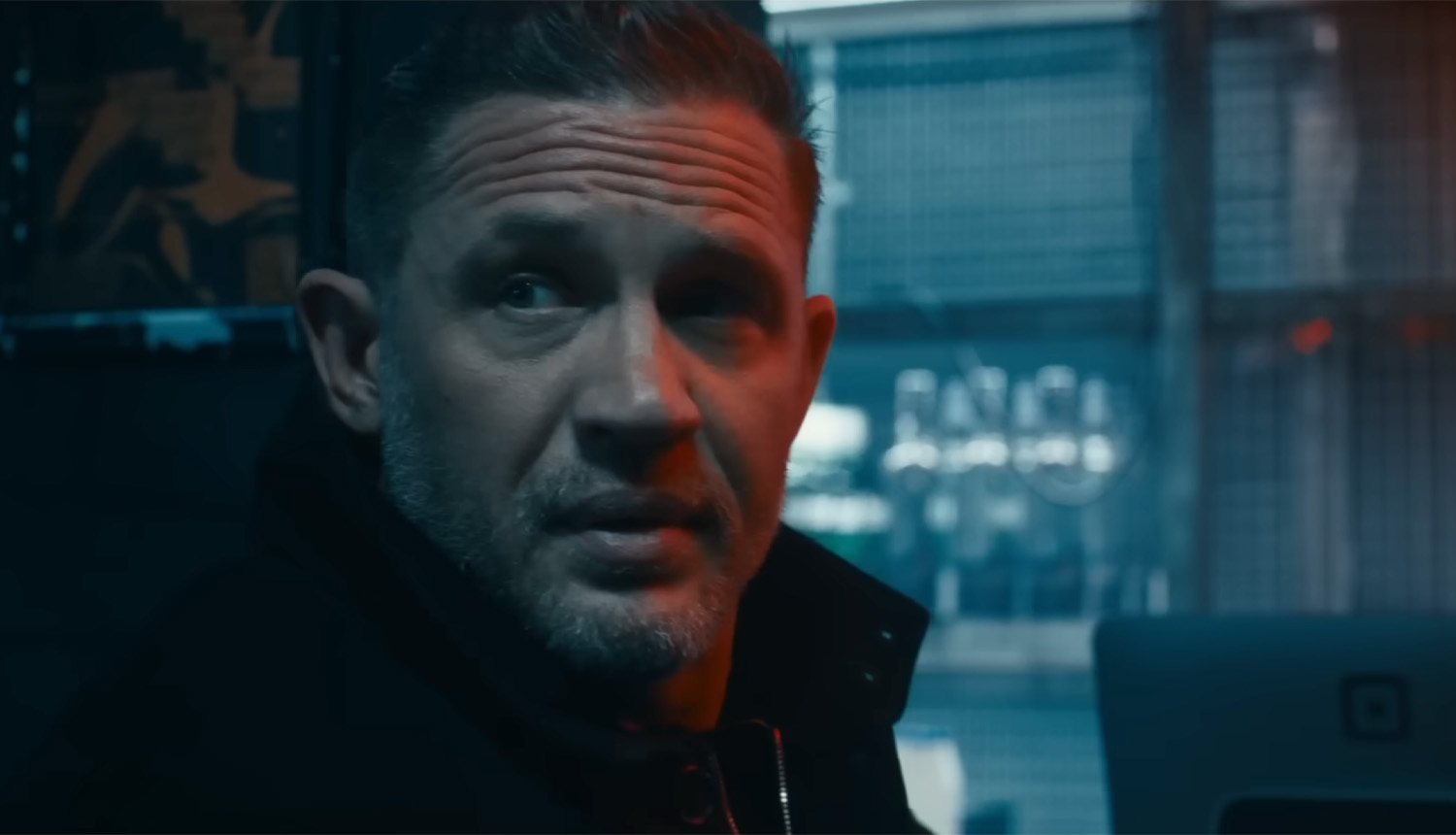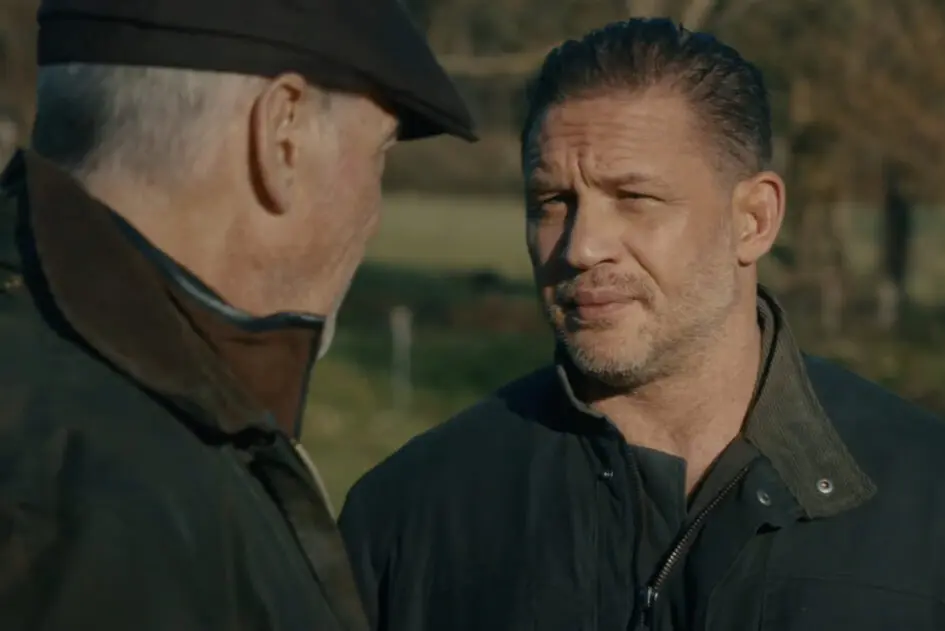As a longtime fan of Ray Donovan, I was drawn to the show’s gritty atmosphere, complex characters and the emotional weight carried by Liev Schreiber’s performance. The series struck a perfect balance between crime drama and family saga genres, making it one of the rare shows that felt both intimate and cinematic. That’s why its abrupt cancellation after seven seasons was such a blow — especially with so many storylines left unresolved. The follow-up movie, meant to offer closure, felt rushed and lacked the depth that made the series so compelling.
There was hope for a return to the Ray Donovan Universe with talk of a prequel series called The Donovans, spearheaded by Ronan Bennett. Initially planned to explore the family’s origins, the project eventually shifted direction, focusing instead on a new fixer, Harry Da Souza. While it was a departure from the original idea, the casting of Tom Hardy in the lead role brought a fresh wave of excitement, instantly elevating the project and giving fans something new to look forward to — even if it wasn’t quite the return to the Donovan family originally expected.
No longer a Donovan origin story, MobLand is a standalone series, introducing viewers to Harry Da Souza (played by Hardy), a cold and calculating fixer for the powerful Harrigan crime family, which is led by the formidable Conrad Harrigan (Pierce Brosnan) and his equally commanding wife, Maeve (Helen Mirren).
Set in a world of shifting loyalties and brutal consequences, the series dives deep into the murky power dynamics between rival criminal empires.
In the two episodes currently available, a fragile truce between the Harrigans and the Stevenson family begins to unravel after Conrad’s volatile grandson, Eddie (Anson Boon), stabs a man during a nightclub outing with Tommy Stevenson (Felix Edwards), son of Stevenson boss Richie (Geoff Bell). When Tommy mysteriously disappears afterward, Richie immediately suspects foul play and points the finger at Conrad. As the tension escalates, Conrad’s ambition to break into the fentanyl trade — a market firmly controlled by the Stevensons — only adds fuel to the fire.

MobLand, on the other hand, takes a more traditional crime-family approach, rooted in the power struggles between rival syndicates. With Harry Da Souza at the center, the series leans into the politics, betrayals and violence of mob life, featuring a broader ensemble that includes crime bosses, heirs and dangerous ambitions. While still stylish and intense, MobLand so far feels more focused on external conflict — rivalries, drug markets and missing sons — rather than the internal, emotional unraveling that defined Donovan. If Ray Donovan was about one man’s slow-burning descent, MobLand is shaping up to be about the high-stakes chess game of crime families — and the fixer caught in the middle.
It is very evident that Guy Ritchie has his hands in this show. Signed on as executive producer, Ritchie also penned the first two episodes of the series, and his fingerprints are all over MobLand. The writing crackles with his signature mix of sharp, rapid-fire dialogue, colorful underworld slang and darkly comedic beats. The pacing is tight and stylish, with snappy scene transitions and sudden bursts of violence that feel right at home in Ritchie’s cinematic universe.
The story so far closely echoes the vibe and structure of his breakout films like Snatch and The Gentlemen. There’s a familiar rhythm in the way the narrative weaves together multiple characters with competing motives, each trying to outmaneuver the other in a high-stakes criminal landscape. Ritchie’s knack for blending eccentric characters, grimy elegance and layered power plays has clearly translated from film to television, making MobLand feel like a natural extension of his signature style — only now, with more room to explore and expand over multiple episodes.
Based on the strength of the first two episodes, I give it a confident four out of five stars. MobLand may still be in its early days, but it’s off to a promising start, laying a solid foundation with sharp writing, a standout cast and the stylish, gritty tone you’d expect from executive producer Guy Ritchie. The series has already introduced several compelling mysteries — Tommy’s disappearance, the contents of the ice chest, the potential threat to Harry’s daughter and the origins of the rival crime families — that hint at a rich, layered narrative ahead.
If it continues to build on this momentum, MobLand could very well carve out its own place among modern crime dramas, carving out its own place in the hearts of Ray Donovan (or any other crime drama) fans.
